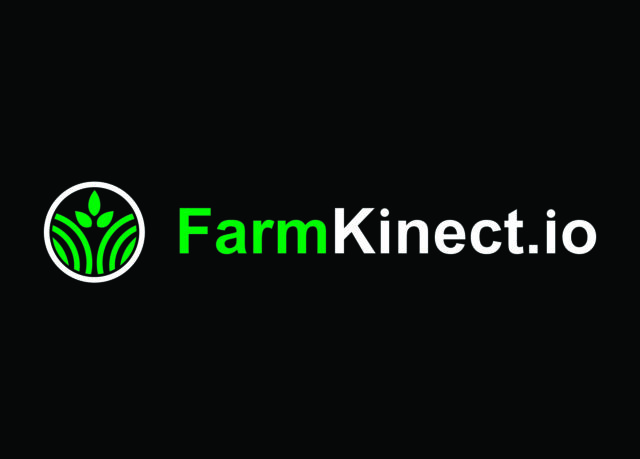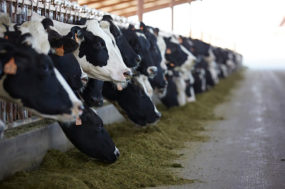Multiple projects, funded in partnership with Agriculture and Agri-Food Canada and the Canadian Dairy Commission under the Dairy Research Cluster, investigated best practices to conserving soils, harvesting, dairy cattle nutrition, manure management and biofiltration systems to better the carbon footprint of dairy farms in cost-effective ways.
What follows are two examples of some of the findings of research projects carried out at Agriculture and Agri-Food Canada (AAFC) research stations.
1. Evaluating equipment and facility sharing for the harvesting, preservation and distribution of forage
Dr. Philippe Savoie of the AAFC Research Station, Ste-Foy, Quebec, looked at efficient methods to maximize the use of harvesting equipment between various sizes of dairy farms.
It has been shown that costs of harvesting can vary from $118 to $316 per tonne of dry matter, depending on the methods used and the size of the dairy operation. The study evaluated the impact of sharing forage-harvesting equipment on dairy farms with 40, 80 and 160 dairy cows, respectively.
In the case of dairy farms with 40 and 80 cows, the study identified potential net benefits of $4,608 and $7,962, respectively, per dairy operation per year, using a small square hay baler.
However, in the same context, two farms with 160 dairy cows each would generate additional costs of $4,738 per year per farm, mainly due to completion delays which decrease the forage’s nutritional quality. Yet, these costs could be decreased by selecting different harvesting and preservation equipment. Visit www.dairyresearch.ca for a copy of the full summary.
2. Feeding dairy cattle to reduce enteric methane emissions
Dr. Chaouki Benchaar of AAFC Research Station in Lennoxville, Quebec, investigated alternative feeding options to reduce enteric methane emissions in dairy cows.
One of his studies examined the impact of increasing the proportion of corn-dried distillers grains (DDGS) – at the expense of corn grain and soybean meal – in dairy cow diets on enteric methane emission, nitrogen balance, digestion, ruminal fermentation, milk production and milk composition.
This study also aimed to determine the optimal amount of DDGS needed to mitigate enteric methane emissions without having a negative impact on cows’ performance.
Findings showed that feeding DDGS at up to 30 percent of dietary dry matter to dairy cows could help lessen enteric methane emissions with no negative effects on milk production. Visit www.dairyresearch.ca for a copy of the full summary.
The results of multiple projects in this “whole-farm” approach will be presented to dairy farmers and the industry at the Dairy Research for a Healthy World Symposium in Toronto on July 25. PD
For more information on the symposium or to register, click on the website.
Dairy Farmers of Canada (DFC) is the national policy, lobbying and promotional organization representing Canada’s farmers. DFC works to support sustainable dairy production; facilitate solutions to provincial/national challenges; provide credible research of dairy products on a national basis; and create innovative ways to grow the market.









